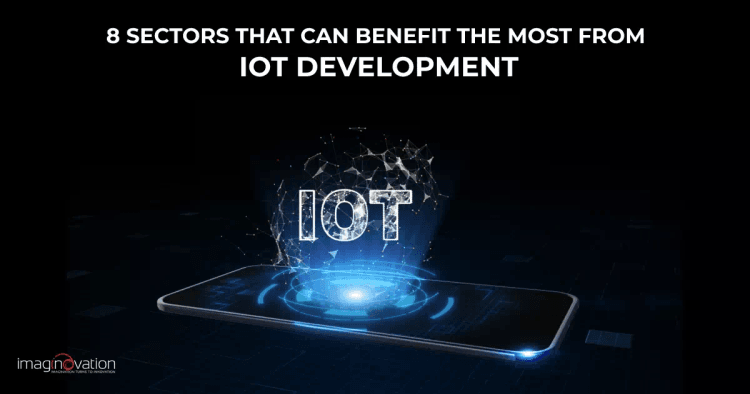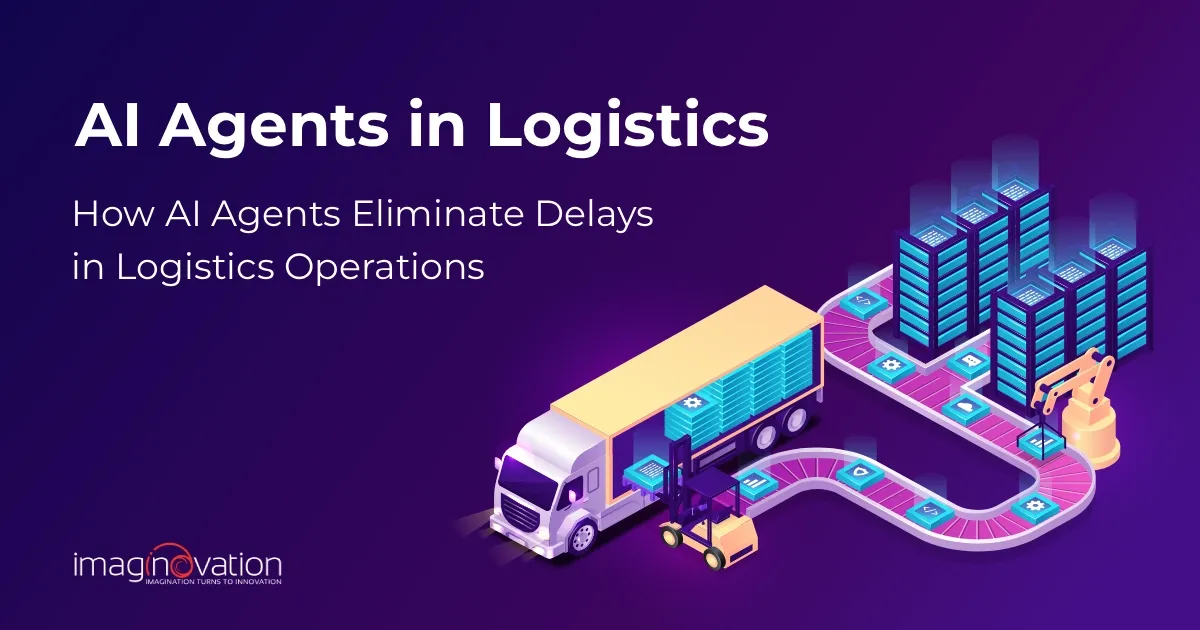To estimate the cost of building a website or an app, use our app cost calculator tool.
Connecting things to the Internet has brought a revolution in the business world. With IoT (Internet of Things), machines have become smarter, allowing businesses to generate more value.
Phones, watches, buildings, and offices – everything can now connect to the Internet and perform some amazing functions previously unthinkable.
Facing a promising future in business, many industries have started integrating IoT technology into their business processes and products.
In this blog, we will take a look at the industries that can benefit the most from IoT development.
Let’s dive in.
What is IoT?
For those who don’t yet know – IoT, or the ‘Internet of Things’, is the ever-growing web of interconnected devices via the Internet.
It is a network of interconnected devices that can communicate with each other to perform a wide range of actions. Each device in the IoT network is connected to a sensor that sends and receives data from surrounding devices.
There are many applications of IoT in the business world. When machines can communicate with each other, it can lead to better efficiency, improved operations, and higher revenue.
Here’s a list of sectors that we think can benefit the most from the application of IoT.
Sectors that can Benefit the Most from IoT Development
According to a report by Statista, IoT technology holds significant potential across industries. The study predicts that there will be around 50 billion IoT devices connected by 2030.
That’s huge!
As the IoT continues to unfold globally and spread across sectors, some industries are leading investments in this revolutionary technology, changing how we live and work.
1. Agriculture

The agriculture industry has always been very receptive to technical innovation. It has become quite technology-driven and industrialized by embracing the IoT.
The growth of IoT use in agriculture is evident from the report by Statista, which presents the worldwide IoT market size of the agriculture sector in 2018 – 14.79 billion USD. It is projected to reach almost 30 billion USD by 2030.
The term smart agriculture denotes the application of IoT solutions in agriculture. It uses IoT sensors to collect environmental and machine metrics. The data can help farmers make informed decisions and improve just about every area of their work – from livestock to crop farming.
Also Read: The Role of AI Technology in Improving the Renewable Energy Sector
Use Cases of IoT in Agriculture
Let us check a few IoT use cases in agricultural processes.
Agricultural Drones
Agricultural drones are equipped with sensors and cameras. They are used for imaging, mapping, and surveying farms. There are two types of drones: ground-based drones and aerial drones. Ground drones are bots that survey the fields on wheels.
In comparison, aerial drones are unmanned aerial vehicles or flying robots. Drones can be remotely controlled.
Besides the surveillance capabilities, drones can perform a varying number of tasks that previously required human labor: planting crops, fighting pests, agricultural spraying, crop monitoring, etc.
Greenhouse Automation
Farmers usually use manual intervention to control the greenhouse environment. IoT sensors help them get accurate real-time information on greenhouse conditions like lighting, temperature, soil condition, and humidity.
Monitoring Climate Conditions
Weather stations combined with smart farming sensors collect data from the environment and send it to the cloud for analysis. It is further used to map the climate conditions, choose the right crops, and improve their capacity.
Cattle Monitoring
Just as in crop monitoring, these IoT agriculture sensors perform livestock tracking.
Increased Control Over Internal Processes and Lower Production Risks
The ability to check the output of your production in advance aids in planning for improved product distribution.
If you know precisely how many crops you will harvest, you can make sure no surplus product will lie around unsold and thus control the risk.
2. Energy
Statistically speaking, the report shows that the global value of IoT in the Energy market was 20.2 billion USD in 2020. It is expected to increase to 35.2 USD by 2025.

IoT has started revolutionizing most aspects of the energy sector from generation to transmission to distribution and impacting how energy companies and customers interact.
Here’s what numbers from another report say about the growth of IoT in the energy industry:
- Almost 47% of energy sector executives indicate they have implemented IoT across functions.
- Data sources for energy include the use of machinery (49%) and robots (46%).
- IoT is deployed by 45% of energy companies to monitor asset performance.
- IoT is used by 43% of energy companies to enhance customer experiences.
- 40% of energy companies reported an overall boost in productivity.
There are many areas where IoT can be very impactful in transforming the energy sector:
- Remote asset monitoring and management
- Process optimization
- Grid balancing
- Load forecasting
- Smart decision-making
- Innovative power solutions
3. Finance

The IoT is becoming increasingly secure. Banks and customers have become accustomed to managing financial transactions through different connected devices.
It is not uncommon to see smart cash points with connected cash vending machines.
As the amount of data transferred and gathered is huge with IoT, financial businesses can measure risk accurately.
With time, banks will start using sensors and data analytics to collect a lot more information about customers and thus offer personalized services. It will help banks understand how their customers buy and spend their money.
Implementing IoT in banking can provide more benefits:
- Connected devices can help users cultivate good financial habits and deal with any spending indulgent behavior.
- It can improve the quality of the banking experience.
- Interactive credit card for customers.
- It has automated business processes for banks.
4. Healthcare
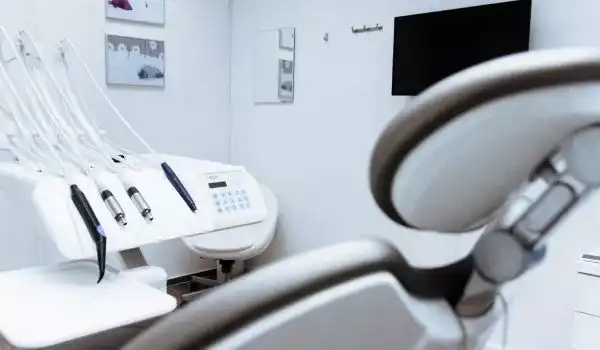
The healthcare sector has started making optimum use of IoT technologies.
IoT technology in healthcare is represented by tracking systems and real-time health systems and is responsible for improving patient treatment, diagnosis, medical and diagnostic equipment maintenance, and remote surgeries.
Connected healthcare is necessary for correct decisions, right actions, smart treatment, and thus patient satisfaction.
Here’s a list of advantages that IoT devices can provide healthcare organizations with:
- Reduced cost for patients
- Remote monitoring of patients’ health
- Reduced length of patient stays at the hospital
- Devices in wearable fitness bands, blood pressure cuffs, heart rate monitoring cuffs, and glucometers give patients personalized attention. These devices can also remind them of calorie counts, physician appointments, and exercise checks.
- IoT devices with sensors are used to track real-time locations of medical equipment
- Asset management
5. Manufacturing
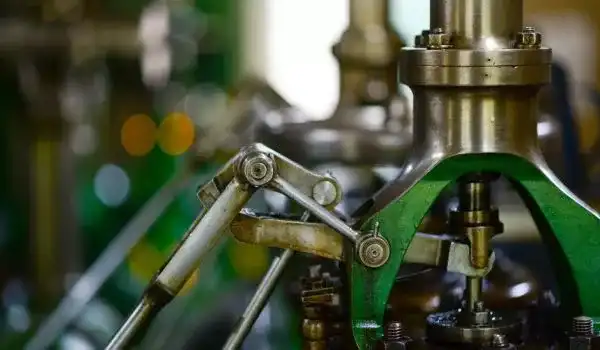
Gillan Taddune, CEO of Banyan Water, says, “IoT technology is the fourth industrial revolution.”
The rise in IIoT, or Industrial Internet of Things, is the main driving force of the fourth industrial revolution.
The World Economic Forum’s Center for the Fourth Industrial Revolution has been working on some IoT initiatives in Denmark. These initiatives are producing incredible societal efficiencies.
Currently, the manufacturing industry is the most prominent investor in the Internet of Things.
The leading IoT applications in manufacturing include:
- Monitoring of the production flow leads to flow optimization, waste reduction, and the minimization of unnecessary work in process inventory.
- Remote equipment management, allowing for tracking and maintaining equipment performance and cost reduction.
- Condition-based maintenance notifications, helping optimize machine availability.
- Supply chains, where IoT solutions help track vehicles and assets, improve manufacturing and supply chain operations’ efficiency.
You can check out the benefits of IoT for a manufacturing business in this blog.
6. Retail
The Internet of Things technology helps retailers reduce operational costs and enhance customers’ experiences through new and innovative use cases.
Here are some advantages that retail stores gain by applying IoT.
Improved customer experience
This is done by using data from surveillance cameras and social media, which allow retailers to accurately predict customer behavior and habits.
Better supply-chain management
GPS sensors and RFID tags offer a complete journey of the good’s movement from manufacturing to the store’s shelf to customers.
Smart inventory management
most retailers find inventory management tedious. Inaccurate inventory tracking causes stockouts, overstocking, and shrinkage.
IoT can automate inventory visibility. Smart inventory management solutions can improve procurement planning.
Just before the product is about to run out of stock, the system automatically reorders supply based on IoT data analytics.
Automated checkout
When the store is crowded, checkout remains the most unpleasant process for the customers. IoT solutions can automate and personalize checkouts.
Fully automated stores
They allow customers to pick up the items they wish to purchase after walking into the store.
Customers can walk out with the items, and payment is processed automatically, and the customers get a receipt on their phone. The technology relies on full camera coverage of the store, facial recognition technologies.
7. Hospitality
The hospitality industry has transformed itself with the use of IoT. The IoT technology helps deliver a personalized experience for guests and reduce their waiting time.
With the help of IoT applications, hotels can create super personalized rooms. The room’s features can be controlled through the guest’s mobile phone or the provided tablet. The IoT-integrated rooms would:
- Greet the guest by their name when they enter the room
- Send location data to guests for a smoother arrival
- Allow guests to control room temperature and ventilation, and save their preferences for future check-ins
- Predict repairs and maintenance of devices and alert the maintenance staff on time
There are several creative ways the hospitality industry can leverage IoT technology.
8. Transportation and Logistics
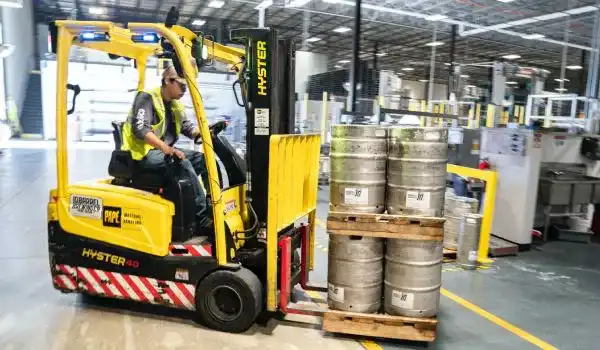
The IoT transportation market was valued at $135 billion in 2016 and is expected to reach $328 billion in 202.
Speed and timing are two priority challenges for Transportation and logistics. IoT can make transportation companies smarter and more efficient through automation and business process optimization.
IoT provides actionable insights on the data collected and thus aids the industry in the following aspects:
- Cost-saving and increased profitability
- Making travel more efficient
- Improved operational performance
- Reduced energy use and congestion
- Greater safety
- Ensures real-time visibility
- Improves fleet management
- Supports in the maintenance of vehicle’s health
- Warehouse management
What Are Some of the Most Significant Advantages of IoT?
Let’s check out the various ways companies can benefit from using the IoT – Internet of Things and its cutting-edge technology to improve different aspects of the business.
1. Improve Customer Service and Experience
Equipment and devices that your customers use every day become extraordinary when integrated well with the IoT. Businesses should look at their products & services and check if they can be improved with IoT.
IoT-integrated cars can calculate the length of the trip, check traffic situations, and fuel consumption. A smart doorbell that can show who is at the door, even when you are not home.
Refrigerators can tell if you are low on supplies. An AC system that can correlate between the weather outside and the preferred temperature of the house owner.
2. Increase New Business and Revenue Opportunities
IoT introduces new ways by which a company can interact with customers and business flow and thus open the door to new business opportunities.
3. Enhance Business Safety and Security
IoT devices can monitor buildings and offices to ensure people’s safety and protect against physical threats.
By adding IoT devices integrated with sensors, video cameras, and smart locks, businesses can monitor office premises and protect assets. Employees that work in high-risk areas like manufacturing, real estate, or construction can be regularly tracked and alerted about dangers.
4. Improve Productivity and Competence
Repetitive tasks at companies can be assigned to smart IoT devices, and they sure will do a better job because they don’t take a break, sleep, eat, have mood swings, and fall sick.
5. Cut Down Operational Costs
Improved productivity, process efficiency, and asset utilization will help save some expenditures.
For example, predictive analytics and real-time diagnostics can help trim down maintenance costs in various industries.
6. Collect Data for Business Decisions
With IoT, companies can measure and gather essential sets of data that can improve their services and products.
This data can provide crucial insights into business analysis and decision-making.
7. Add Mobility and Agility to Business
IoT technology allows businesses to let their staff and workers conduct their work from literally anywhere.
This flexibility can help many companies – cost saving as office leases are expensive, hiring many remote employees.
Create Powerful IoT Applications with Imaginovation
If you plan to create an innovative IoT strategy for your business and get the maximum benefit from this technology, get in touch with us.
We are an award-winning technology company with vast experience in creating IoT platforms for businesses in different sectors. Let’s talk.





